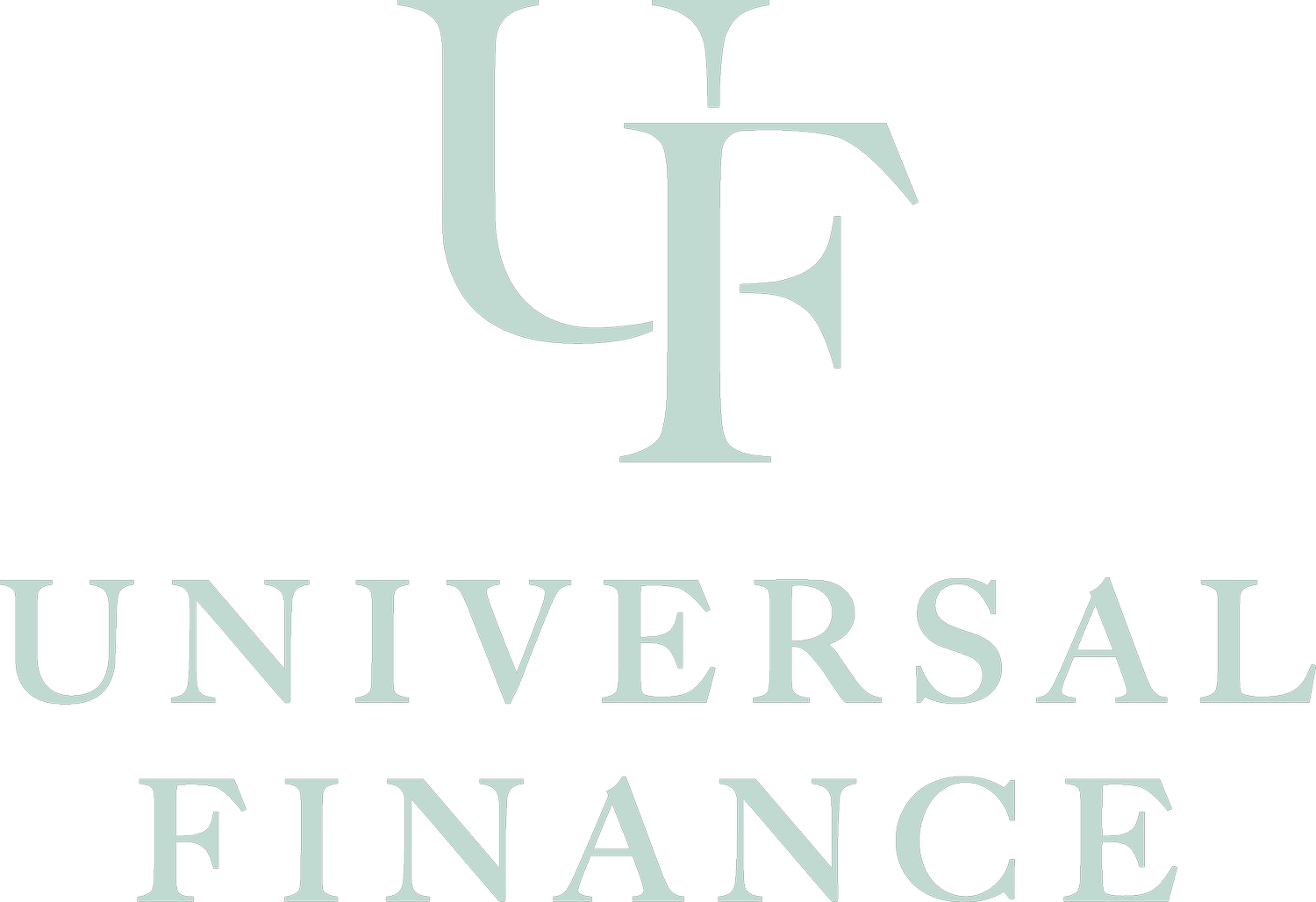Top Tips to Get Your Finances in Order for 2025
As the new year approaches, there's no better time to give your finances a refresh. Whether you're striving for financial freedom, saving for your family, or simply looking to get ahead, 2025 offers the perfect opportunity to take control of your money. Here are six practical tips to set yourself up for financial success.
1. Review Your Insurance Policies
Insurance is one of those things we set up and forget, but premiums can change, and your needs may evolve.
Take time to review:
Car and home insurance: Shop around for better deals or bundle your policies to save.
Life and health insurance: Ensure coverage matches your family’s current needs. Are you missing a necessary insurance you might need such as income protection?
Regular reviews can help you avoid overpaying or being underinsured, giving you peace of mind and extra cash flow.
2. Pay Down High-Interest Debt
Interest rates are still a challenge for many, so prioritising debt repayment is key. Start with high-interest debts like credit cards or personal loans. Use methods like:
Snowball method: Pay off the smallest debt first for a quick win.
Avalanche method: Focus on debts with the highest interest rates to save more long-term.
Every pound you pay toward debt is a pound saved in future interest. Once debts are under control, you’ll free up money to invest or save.
3. Prepare for Unexpected Expenses
Emergencies happen, and having a buffer is crucial. Build an emergency fund to cover 3–6 months of essential expenses. If you’ve started saving but feel behind, make it a priority for 2025.
Automate savings: Set up a direct debit to a high-interest instant access savings account.
Don’t be overly cautious: Having too high an emergency pot can cause you to miss out on growth over the medium term.
Knowing you’re covered for life’s surprises will reduce stress and keep you on track financially.
4. Don’t Neglect Your Medium-Term Investment Pot
While saving for retirement is essential, don’t overlook medium-term investments for goals 5–10 years away, like upgrading your home, starting a business, or taking a dream holiday.
Consider:
Stocks and Shares ISAs: They offer tax-efficient growth for medium-term goals.
Diversified funds: Spread your investments across sectors and countries to manage risk.
Revisit your portfolio at least annually to ensure it aligns with your risk tolerance and goals.
5. Maximise Savings for Your Children
Investing in your child’s future doesn’t have to break the bank. If you receive child benefit payments, consider using them to build a nest egg for your child.
Options include:
Junior ISAs (JISAs): A tax-efficient way to save or invest up to £9,000 per year.
Pensions for Children: Start them young! Contributions up to £2,880 annually get a 25% government top-up.
Small, regular contributions can grow significantly over time, giving your child a financial head start.
6. Set Realistic Budgets and Track Your Spending
Even the best plans fail without a clear understanding of where your money is going. Start with a monthly budget:
Identify needs vs. wants: Cut back on unnecessary expenses.
Use budgeting apps: Use budgeting tools to track spending and suggest savings.
Account for annual expenses: Save monthly for insurance renewals, holidays, and Christmas to avoid financial surprises.
A realistic budget helps you stay on top of your goals without feeling deprived.
Final Thoughts
Getting your finances in order doesn’t happen overnight, but small, consistent actions can lead to big results. By reviewing insurance, paying down debt, investing smartly, and saving for your children and emergencies, you’ll set a solid foundation for 2025 and beyond.
Get in touch with Universal Finance today – we are an FCA-regulated financial advice firm and we love to help our clients with all these areas.
Start now, and let the new year be the year you take control of your financial future!



